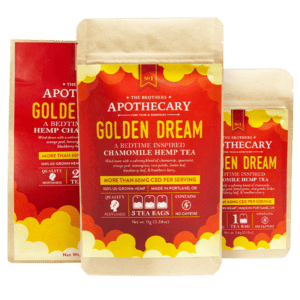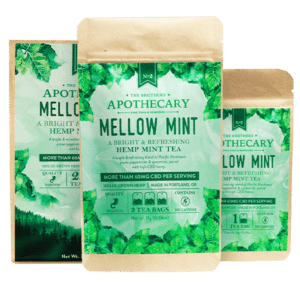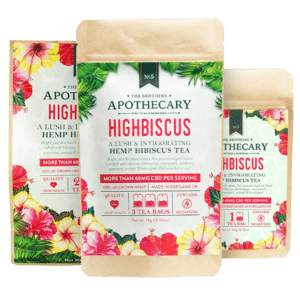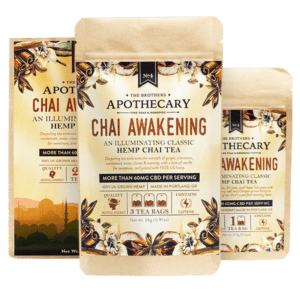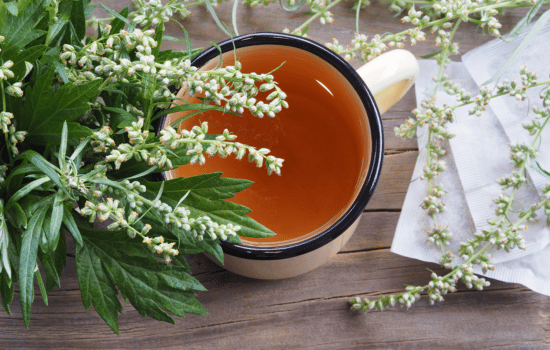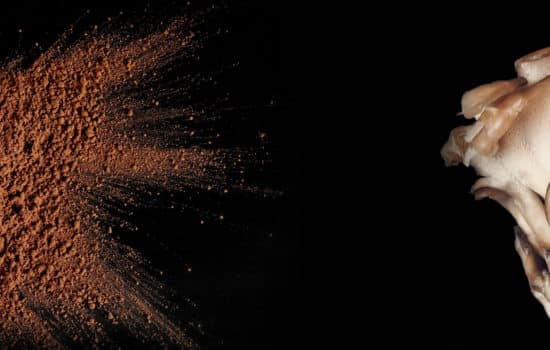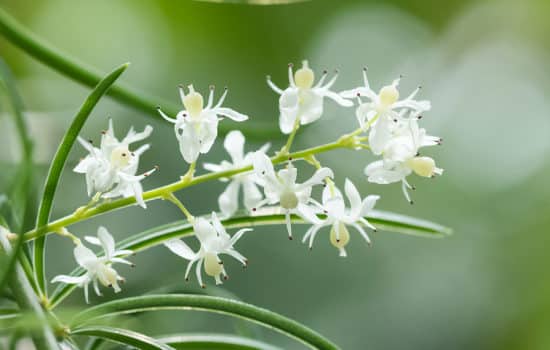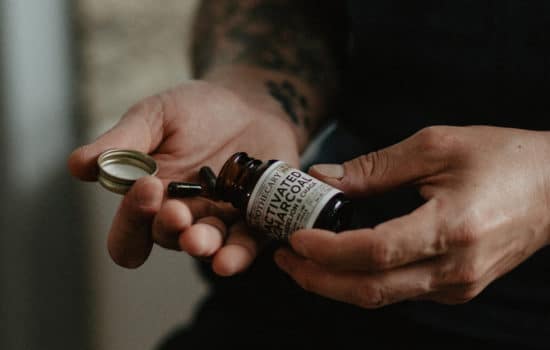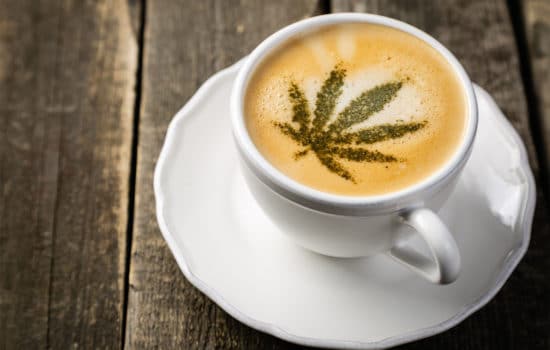You may have heard about the many benefits of ginkgo biloba, which is believed to help improve blood flow and support healthy brain function. But what exactly is ginkgo biloba, where does it come from, and what are some of its potential benefits for adults? Let’s find out.
What Is Ginkgo Biloba?
Native to China, Japan, and Korea, the ginkgo biloba tree, also known as the maidenhair tree, dates back to over 200 million years. The ginkgo tree can grow up to 165 feet, and is known for its uniquely beautiful fan-shaped leaves.
As the only remaining species of an ancient family of trees called Ginkgoales, the ginkgo is also commonly referred to as a living fossil with a long and expansive history in Chinese medicine.
Currently, ginkgo biloba supplements are often found in capsule or tablet form, and are made from ginkgo extract found in fan-shaped ginkgo biloba leaves.
What Are the Benefits of Ginkgo biloba?
The main compounds of the ginkgo leaves are flavonoids and terpenoids.
Flavonoids are considered antioxidant-rich, while terpenoids are thought to increase blood flow by opening blood vessels and reducing the stickiness of platelets–our smallest blood cells–which can keep them from clumping together.
There is some evidence that together, flavonoids and terpenoids can positively affect our well-being in many ways.
But what makes terpenoids different from terpenes? Essentially, both of these compounds are similar, except for one major difference: terpenoids, also known as isoprenoids, are a form of terpenes that undergo oxidation, known as drying and curing. Meanwhile, terpenes are produced throughout the plant, especially in the flower’s trichome resin glands.
Antioxidant Boost
Antioxidants can work within the body to stabilize free radicals.
Free radicals occur naturally in the body, and can also be introduced through external stressors such as car pollution or over-exposure to sunlight. Free radicals can cause oxidative stress and may destroy healthy cells and tissues.
The antioxidants found in flavonoids can keep free radicals from latching on to healthy cells, which can help reduce signs of aging and help support a healthy immune system.
Regulate Moods and Emotions
There is some evidence that the anti-swelling properties associated with ginkgo’s antioxidants may reduce stress and promote relaxation by helping the body respond to stress hormones.
Some studies also suggest that by improving blood flow to the brain, the use of ginkgo biloba may help with mood regulation, especially during PMS symptoms.
Cognitive Function
Improved blood circulation could support healthy brain function and help prevent cognitive decline or mild cognitive impairment, leading researchers to study the effects of ginkgo biloba on memory and attention.
There is some evidence that by increasing blood flow to the brain, ginkgo biloba may be beneficial for older adults to improve memory.
Eye Health
For people already experiencing poor eye health, increased blood flow to the eyes associated with ginkgo extract could be beneficial.
Studies have suggested that the use of ginkgo supplements may help slow down the progression of eye damage that can occur with age, like symptoms associated with age-related macular degeneration, especially when taken in conjunction with traditional treatments, medications, or therapies.
Head and Neck Tension Relief
Ginkgo has long been associated with dizziness relief in Chinese medicine.
Ginkgo supplements may reduce stress by regulating the underlying tension with antioxidants and increasing blood flow to the brain, working as a potential stress reliever. Some headaches can also be related to limited blood flow or narrowed blood vessels.
In these situations, the terpenoids from the ginkgo extract may also bring relief.
Sleep Quality
By calming the mind and body, there is also evidence that taking a ginkgo biloba supplement 30 minutes to an hour before bedtime may improve sleep quality.
Libido Support
Another potential benefit of ginkgo: the dilation of blood vessels may provide libido support for men and women alike by increasing blood flow to those parts of the body. In one study, women who took ginkgo supplements and their usual treatment saw higher libido levels. However, more research is needed to fully understand the effects of ginkgo in this area.
Is It Safe To Take Ginkgo Biloba Everyday?
In most clinical trials studying the effects of ginkgo biloba supplements, a standardized extract standardized to 24% flavone glycosides and 6% terpene lactones was used in doses ranging from 60 mg to 240 mg daily–often divided into three or more doses throughout the day. It is best to start with a lower dose, and you should not exceed 600 mg of ginkgo liquid extract per day.
While daily use of ginkgo extract is not typically considered harmful, there are a few exceptions.
For example, you shouldn’t take ginkgo supplements if you are on blood thinners like warfarin. Ginkgo may also have harmful interactions with antidepressants, like selective serotonin reuptake inhibitors, aspirin, or NSAIDs such as Tylenol or ibuprofen.
If you have certain medical conditions such as diabetes or epilepsy, talk to your doctor before taking ginkgo supplements to avoid unwanted side effects.
You’ll also want to avoid ginkgo if you are allergic to plants and herbs that contain alkylphenols. Ginkgo seeds are poisonous and should not be eaten raw, so make sure you use only high-quality supplements from ginkgo leaf extract.
How Long Does Ginkgo Biloba Take to Work?
Depending on what you are taking ginkgo biloba for, it can take up to six weeks to feel the effects. Be patient, and remember to stay within the recommended dosage!
Is Ginkgo Biloba for Long Term Use?
Few studies have looked into ginkgo biloba usage beyond six months. If you are interested in taking ginkgo biloba for more than a few months, check in with a doctor or healthcare provider.
Conclusion
At The Brothers Apothecary, we believe that while more research is needed to understand the full health effects of ginkgo biloba extract, there is some promising evidence out there. If you are suffering from any discomfort associated with poor circulation or stress, it may be worth talking with your doctor about trying a ginkgo biloba supplement.
Sources:
Jesse Richardson is the co-founder of The Brothers Apothecary. He's an avid tea drinker and the primary creator behind The Brothers' products. An undergraduate of UCLA for Political Science, Jesse currently studies Medicinal Plants at Cornell University and The International School of Herbal Arts & Sciences.



